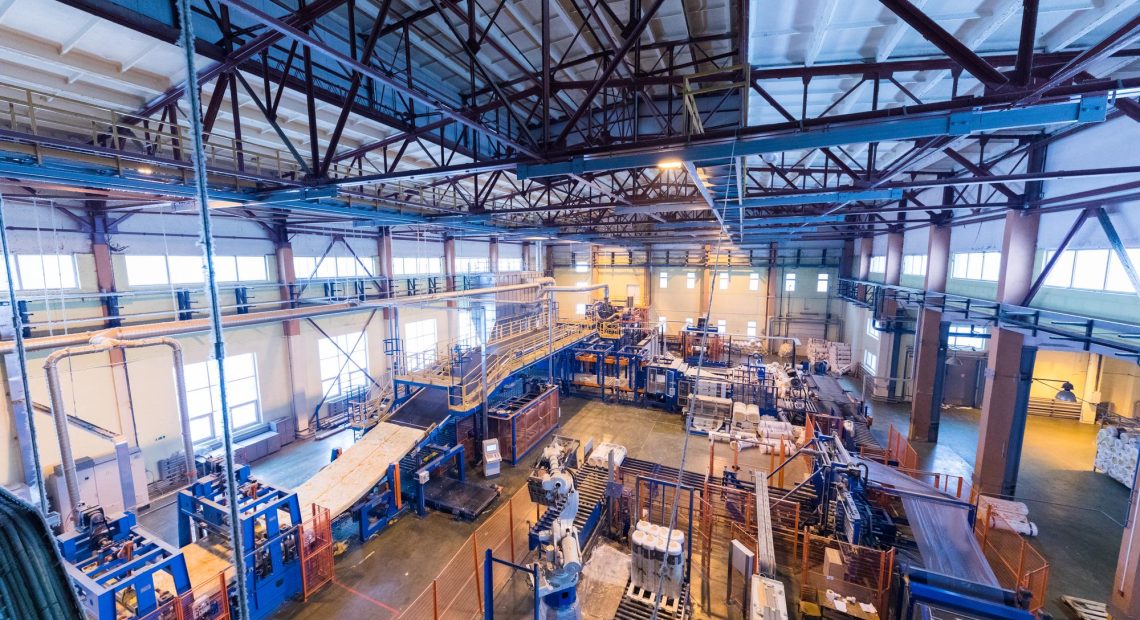
India Curbs Chinese Appliance Imports With Safety Norms
India has announced a significant tightening of safety regulations aimed at curbing the influx of low-quality imported appliances, particularly from China. The Department for Promotion of Industry and Internal Trade (DPIIT) released a gazette notification on May 19 mandating that several consumer electronic and lifestyle products will now require mandatory Bureau of Indian Standards (BIS) certification. This Quality Control Order (QCO) will take effect from March 19, 2026.
The regulation targets items such as electric kettles, kitchen grinders, hairdryers, electric blankets, foot massagers, and recliners. Many of these products, currently available through major online retailers, were found to be substandard during recent BIS inspections. These inspections exposed not just safety violations but also raised national concerns about the quality of goods imported into India, many of which originate from Chinese manufacturers.
New Safety Norms Aim to Protect Consumers
The government’s decision is rooted in consumer protection. Products that do not comply with Indian safety benchmarks pose a direct threat to health and safety. With e-commerce platforms often flooded with low-cost, uncertified imports, this regulation will now require every product in the specified category to pass BIS-mandated safety checks before entering the Indian market.
This move is expected to reduce the risk of electrical hazards, malfunctioning appliances, and poorly made products, many of which had previously escaped scrutiny due to the lack of strict enforcement.
Local Manufacturing Gets a Boost
While the immediate goal is consumer safety, the broader strategy aligns with India’s “Make in India” vision. By tightening quality norms, the government intends to create a level playing field for domestic manufacturers, who often lose out to cheap and unsafe imports.
Commerce and Industry Minister Piyush Goyal acknowledged the industry’s need for more time to adapt. Responding to domestic manufacturer concerns, the government extended the deadline for QCO compliance by almost a year to March 2026. This allows Indian manufacturers to build capacity, invest in testing infrastructure, and comply with BIS standards without disruption.
Industry Prepares for Transition
Industry response has been largely positive. Executives see this as an opportunity to position Indian-made products as superior and reliable. However, some have also cautioned that adequate infrastructure and expanded BIS testing facilities will be essential to meet the regulation’s demands.
To support this transition, the government is expected to ramp up BIS-accredited labs and testing facilities across key manufacturing hubs. This will ensure timely certification, reduce bottlenecks, and help both local and global companies comply with the new norms.
As India moves to safeguard its markets from substandard imports, this initiative marks a crucial step in promoting safer, higher-quality products and encouraging robust local manufacturing.


















